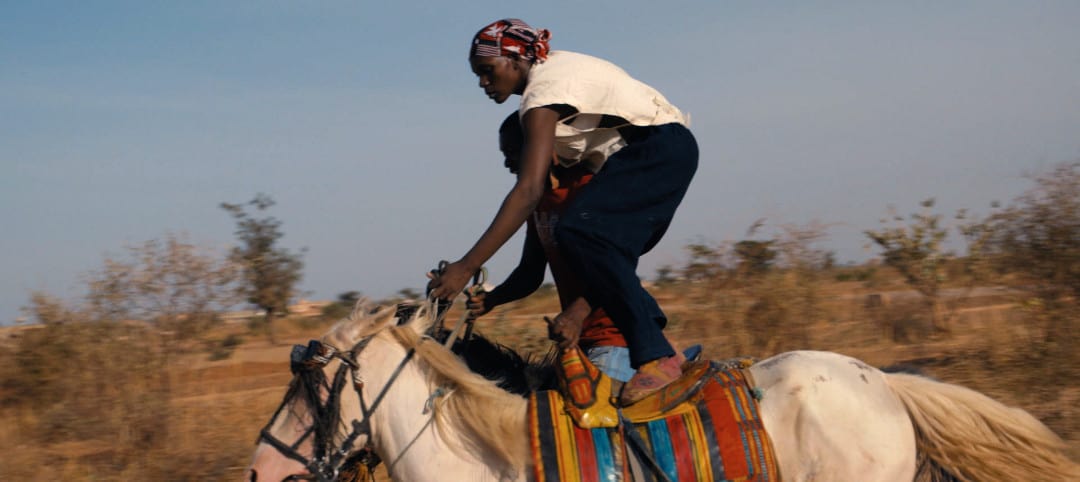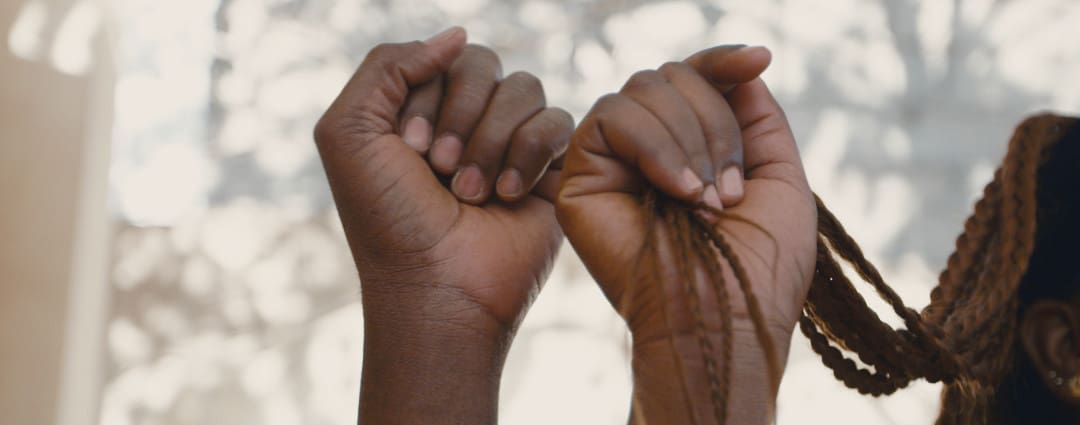A Powerhouse for Women Empowerment
- Leading Africa in the fights against Female Genital Mutilation (FGM)
- Gender gap in primary education was nearly closed in 2014
- Affirmative Action for women in various areas, from university access, military to politics
- Agrarian and property rights confer men and women with the same rights since 1998
- Labour law against sexual harassment since 2007
- Free counselling services for women victims of violence or violation of their rights
- Subsidies for child-birth and obstetrics cut maternal mortality by 30 % between 2005 and 2014 and by 60 % between 1990 and 2014
- Free vaccination of children: 98 % of children were vaccinated in 2013, in comparison to 44 % in 2004.
Africa is still a region where millions of women suffer from human rights abuses. Among the 20 worst places to be a woman, according to a 2011 Newsweek magazine’s ranking, 15 countries were in sub-Saharan Africa and 9 in West Africa. Burkina Faso was not part of this list.
Under Compaoré’s leadership, Burkina Faso, a landlocked Sub-Saharan country where 78 % of its 20 million people live in rural areas, has taken the lead from 1999 on in empowering women in West Africa and on the Continent.
While illegal gender discrimination remained common, particularly in rural areas, Blaise Compaoré has personally and successfully promoted women’s issues. Improvement in women’s economic power and social independence was underpinned by national legislation, positive action, political will and enlightenment. Hence, the impact was enormous and irreversible.

